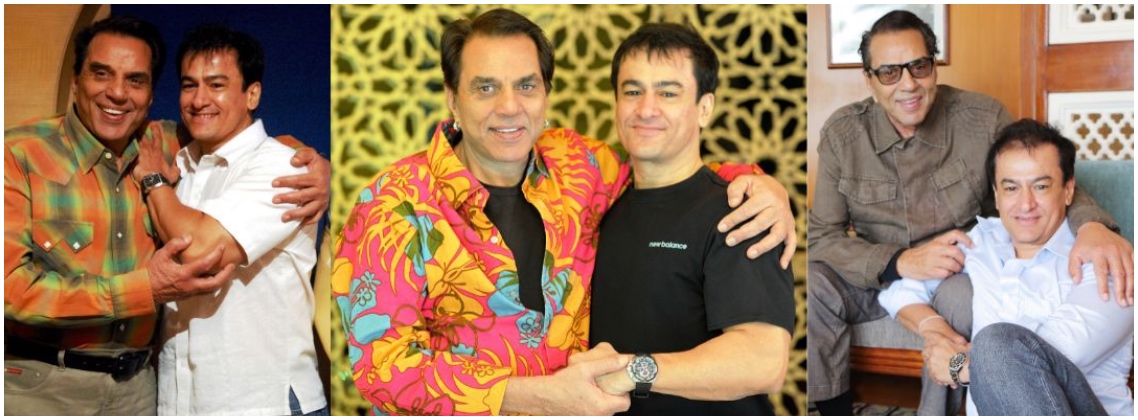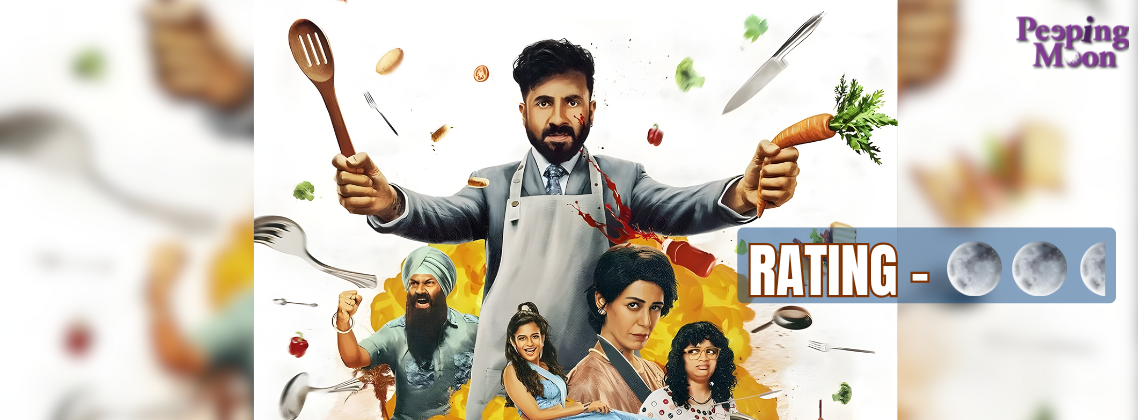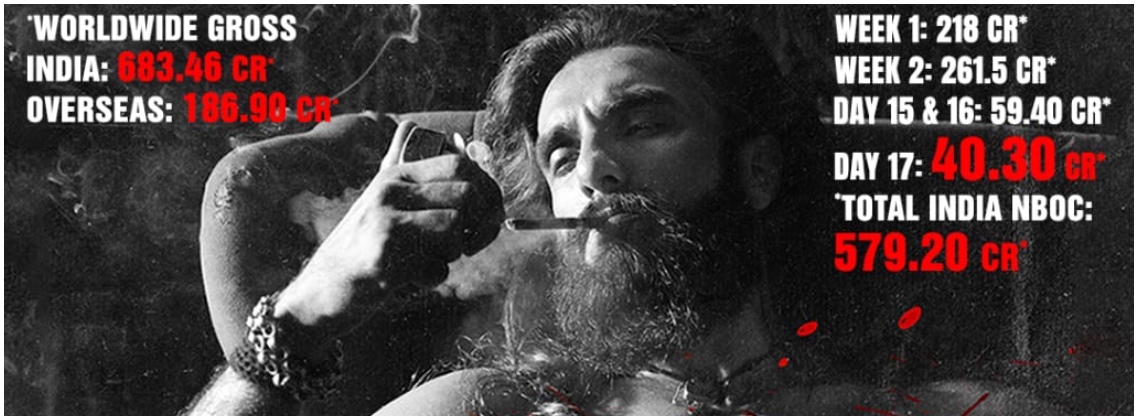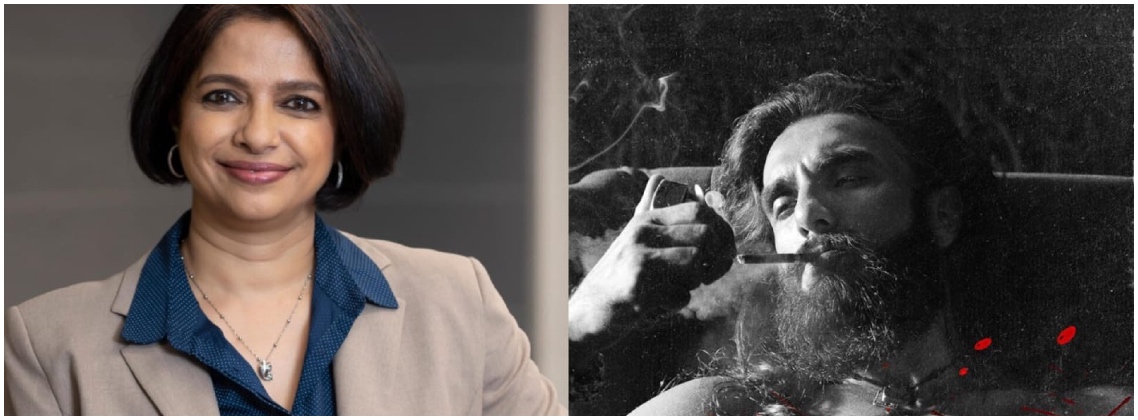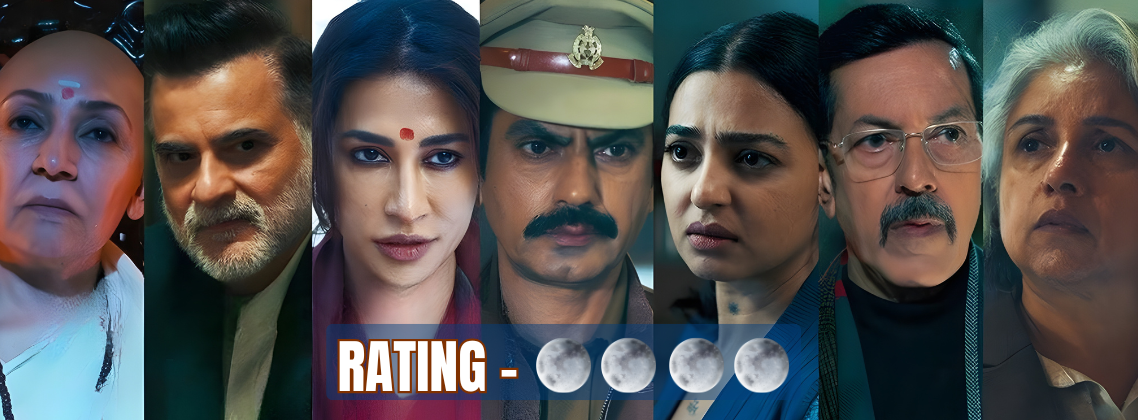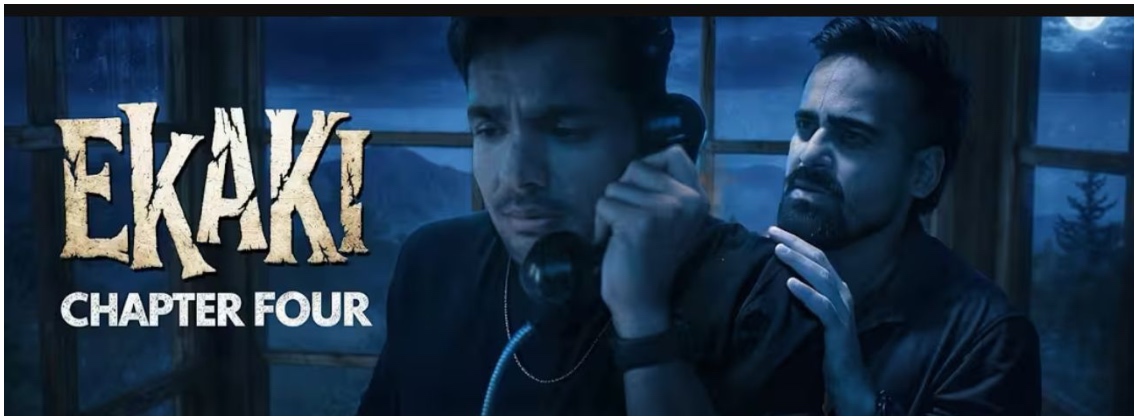Captain Vikram Batra (PVC) laid down his life fighting for the country at the age of just 24. His story is an ordinary man's extraordinary journey of courage and valour that continues to inspire many generations through the soil of our land. Karan Johar and Sabbir Boxwala's upcoming production Shershaah recounts this incredible story of the brilliance and bravery shown by Captain Vikram Batra in the 1999 Kargil war. The epic war biopic starring Sidharth Malhotra as Batra and Kiara Advani as Dimple Cheema is said to be a tribute to the Param Vir Chakra awardee who led one of the toughest operations in mountain warfare in Indian history.
Ahead of Shershaah's premiere on August 12 on the screens of Amazon Prime Video, Peepingmoon.com talked to the film's writer Sandeep Shrivastava about his journey of telling this real-life story of the man that the whole country adores so much. He also talked about the kind of ground research he went through, the difficulties that come while writing the biopic of a war hero, and the writing process he adheres to during character developments.
For the unversed, Sandeep Shrivastava is a senior screenwriter, lyricist, and actor, widely known for writing the globally acclaimed film New York which was directed by Kabir Khan and featured John Abraham, Irrfan Khan, and Katrina Kaif in the lead roles. Sandeep has also written the story, screenplay and dialogues for Ab Tak Chhappan. His other acclaimed projects are Kabul Express, and Sachin (Hindi). He has also worked as a screenwriter on Disney+Hotstar's Aarya, a crime drama series starring Sushmita Sen, which continues to receive rave reviews. Besides screenwriting, Sandeep has penned lyrics for several hit songs in movies like Life in a Metro, Vishwapooram 2 (Hindi), Kahaani, and Ludo. Excerpts:
.jpg)
Sandeep, Congratulations on the great response to the film's trailer. Tell us how did your Shershaah journey begin? You were apparently writing another feature film for Vishnu Vardhan when this project came to you.
Thank you, Rahul! Vishnu and I have been close friends and also fans of each other’s work for a very long time. We exchange ideas, stories and keep ourselves updated about our respective film projects. There is great chemistry there. Our creative interactions began on a project which was an international adaptation of a series into a feature film. The format was owned by a production house that approached me to write it and Vishnu to direct it. That’s how we met for the first time as professionals only to discover that we had briefly interacted with each other even earlier. This was many years ago. While I did adapt that series into a feature script Vishnu had other commitments which didn’t allow him to come on board. Otherwise, that would have been our first outing as a writer-director duo. Now… Coming back to your question… Soon after our creative interactions began we started putting together other ideas and started developing them so we could pitch them to producers. This was happening at both the ends of Mumbai and Chennai. One of the story ideas we pitched to Kamal sir (Kamal Hassan) clicked. After initial rounds of discussions, he agreed to do the film. What more could you ask for? A film with Kamal sir!!! Vishnu is already a big name down south. And… I being a big fan of Tamil cinema couldn’t contain my excitement. We both were super excited. But it wasn’t meant to be. The project got stalled. We were at the crossroads again. I returned from Chennai with a heavy heart. That was the time when Shabbir Boxwala reached out to me through a friend- Ritesh Ghosh and offered me Shershaah. After a couple of meetings, we shook hands. Writing a war movie had been on my wish list for the longest time, and the opportunity landed itself in my lap. Guess, I was destined to do write this film. This was four years ago. July 2017.
Vikram Batra's story has been out in public since the Kargil war. We all have heard about his bravery and have been inspired by his passion to serve the country. When you write a biopic whose life story is already in the public domain, how do you keep it fresh and engaging for the audience? How do you keep them rooting for the characters despite them knowing it all?
As a matter of fact, when Capt. Vikram Batra actually went on air giving that famous “Yeh Dil Maange More…” interview I was in front of the TV in my rented 1 BHK flat in Mumbai. I saw it live on TV. And I can still recall the sensations which washed over me back then in 1999. Little did I know that 18 years later I would be writing a biopic of this brave PVC awardee Indian soldier. Then came the sad news of Capt. Vikram Batra’s martyrdom was followed by the happy news of India winning the Kargil War. The peak Capt. Vikram Batra recaptured from the enemy- Pt. 4875 was a very crucial victory over the enemy. It contributed immensely to ending the war. Vikram Batra by then was a household name. So, yes… It was a big challenge for me to write about someone who many of us already know about. There is so much about Vikram on the internet. There are books written about him. People know about his heroic feats, yes.
But how many of us actually know what was he like as a child? What were his dreams growing up? What was he like as a college student? The man inside the olive green is less known than the officer in army fatigues. I knew if we could get the audience to connect to this simple small-town boy studying in a big city like Chandigarh, dreaming of going to the IMA and passing out as a Lieutenant then the audience will travel with him till the end. And that’s precisely what the attempt has been in terms of story-telling.

Bringing a real-life story to a screen comes with a lot of responsibility. You've to be true to the real story and at the same time make it appealable to mainstream audiences. How do you translate the dramatic highs and lows when writing a biopic for a mainstream audience? What kind of cinematic liberty have you taken specifically to tell Vikram Batra's story?
The writer, invariably, happens to be his own first audience. At a subliminal level, I’m always aware of the drama unfolding between characters. Its intensity. It’s a bite. If you can feel the ebb and flow of the emotions your characters are feeling, if it propels you to write further then you know you’re on the right path. It takes time to get there. But once you hit that note then all you need to do is to maintain it using your craft as a screenplay writer. It’s tough but it’s a lot of fun too. If you’re feeling the highs and lows while writing then a good director will enhance it further and ensure that the audience feels it too. And… I don’t like to put the audience in different boxes. The mainstream box. The art-house box. No. For me, an audience is an audience. All you got to do is to keep them engaged. That’s the real challenge, actually.
Yes, when you are working on a biopic the responsibility is huge. And this responsibility does not limit itself to just your lead character whose biopic it is. The portrayal of all the other characters also has to be correct. These are all real people you’re talking about.
Tell us the kind of ground research did you go through for Shershaah. You were in constant touch with the Batra family while making this film and that must have brought in some pressure for you.
July 26 is celebrated as Kargil Vijay Diwas. We launched the trailer of Shershaah on July 26 this year. For me, it was a “This Day That Year” moment because four years back on the exact same day I had attended the ceremony in Dras, and that was the day when I started the first leg of my ground research. The first person I interacted with was Col. Bhupinder Shahi. Col. Shahi had known Vikram since the time Vikram passed out as a Lieutenant from the IMA and reached 13 Jammu and Kashmir Rifles’ Regimental Center in Jabalpur for his induction into the folds of 13 JaK Rif battalion. Vishal Batra, Vikram’s brother also helped me in getting in touch with all the army people who served with Vikram. And, I met each and everybody I could meet. After coming on board to write the film that’s what I did for the initial four months. The second leg of the research started with me going to Palampur, Himachal Pradesh where Capt. Vikram Batra grew up. I stayed there for 10 days. Interacted with Vikram’s parents, his childhood buddy- Sunny, his school teacher, the owner of a Chinese restaurant which was Vikram’s favourite place for momos. The third leg of the research was meeting Dimple Cheema in Chandigarh. She at first was hesitant to meet me. She is an extremely shy person and prefers to keep away from the limelight. But with Vishal’s help, we agreed to a phone conversation. And as the phone conversation concluded she had agreed to meet with me in person. I have immense respect for Dimple Cheema. She’s the epitome of true love for me.
Was Sidharth Malhotra always in mind while writing the film, or did he come on board only later? How has he brought Vikram Batra to life onscreen according to you?
As a matter of fact, our co-producer Shabbir Boxwala after acquiring the rights from Captain Vikram Batra’s family had approached Siddharth Malhotra to play Vikram’s part. Siddharth knew that this was a great opportunity and an even greater story. He came on board immediately. We couldn’t have asked for anything better. And when Dharma Productions stepped in as producers we knew we were in good hands. We knew we will get to make the movie we set out to make. Coming back to Siddharth’s performance in the movie… Well, it’s a role meant for him and only him. Let the movie be out, you will be amazed looking at Siddarth play Vikram Batra. He’s done such a wonderful job. His portrayal of Capt. Vikram Batra is something people are going to remember for a very long time.

Were you skeptical of any backlash while writing this film? You need the Ministry of Defence's approval for films on soldiers and that sometimes can be very catchy. How did you make sure the film doesn't have anything objectionable and did you go through any rewriting to make it errorless?
Backlash, no. Difficulties, yes. We knew that making this film is no mean task. 13 JaK Rif gave us their support right from the word go. They were immensely helpful during the research. We consulted them every step of the way. We wanted to take a very realistic approach towards everything army. They gave us valuable inputs which helped us immensely not just during the scripting but also during filming. When the film went to the Ministry of Defense for approval their overall reaction was that they hadn’t seen such an authentic portrayal of the army personnel in any movie before Shershaah.
How do you typically go with the writing and character developments when a film is offered to you? Is there any specific approach you follow, or any writing process you adhere to?
It all depends. Every subject every story comes with its own journey and challenges. If it’s a fiction piece then you can create and shape the character whichever way you seem fit. It’s way easier. All you got to do is follow your instincts, use your imagination and apply your knowledge of the craft. But when you are working on a subject which is centered around an incident that happened or if it is based on a real person(s), your approach to craft the narrative changes drastically. You are entering a world that has been inhabited by those characters whose story you’re going to tell then you can’t impose too much of your imagination without compromising on the authenticity of both- the event as well as the character(s).




